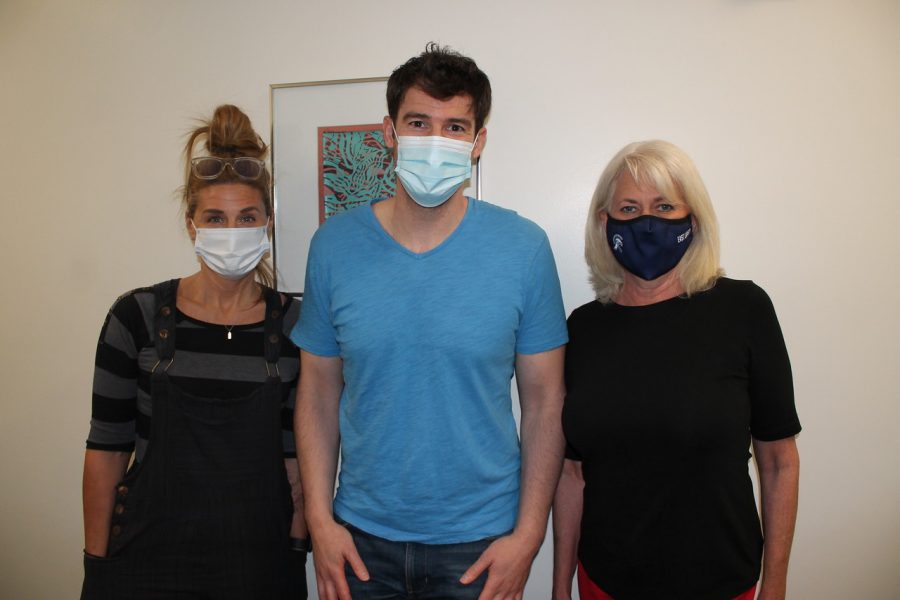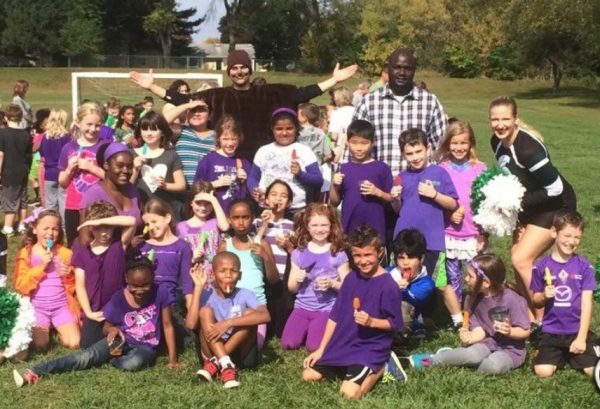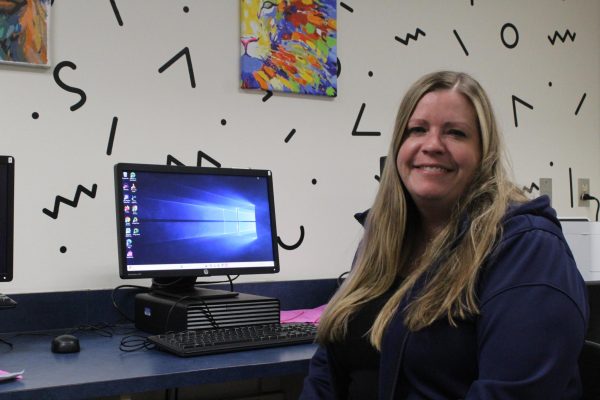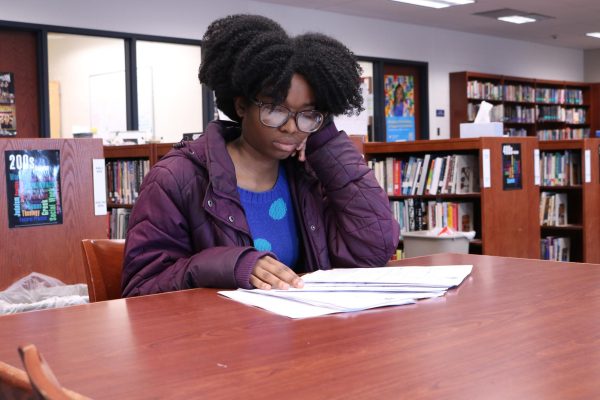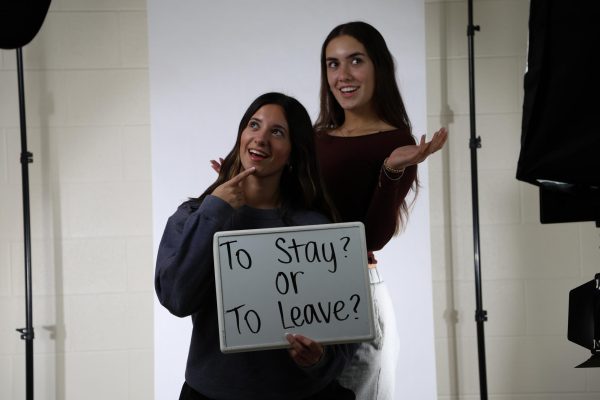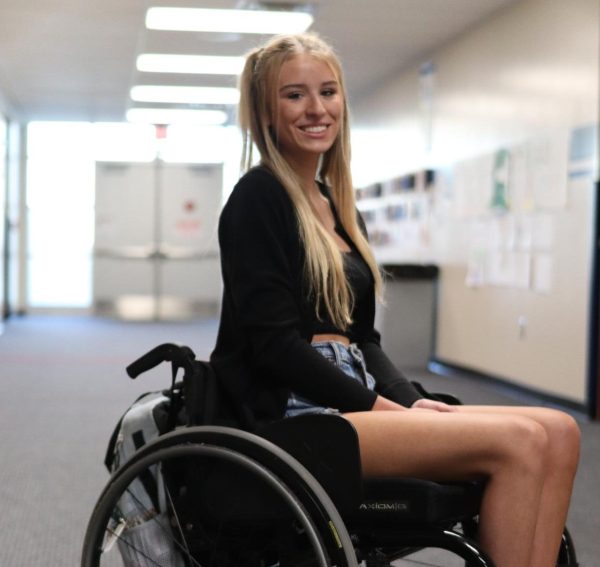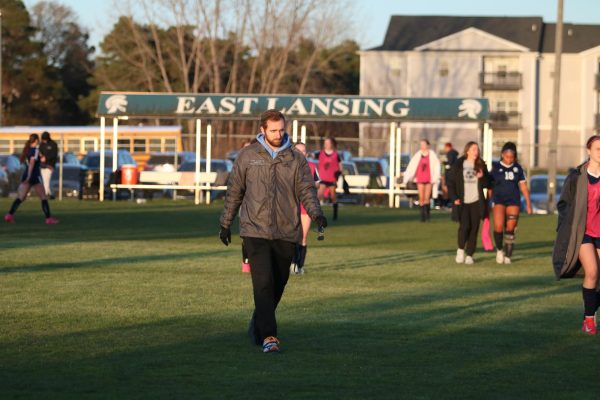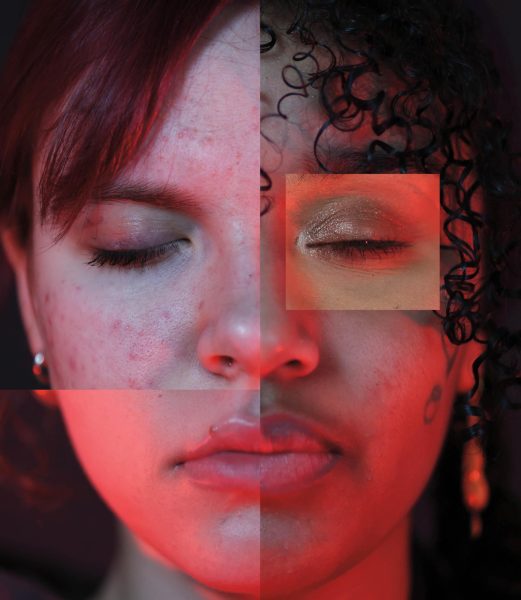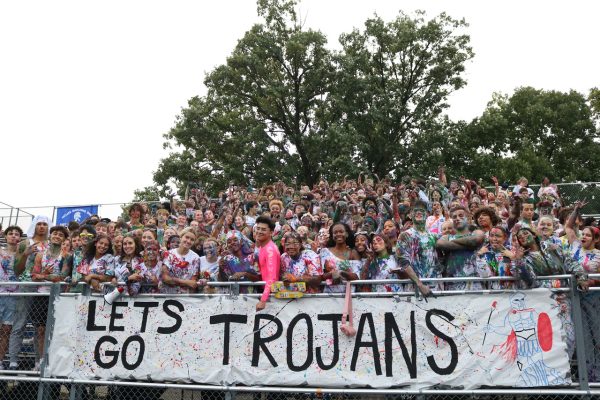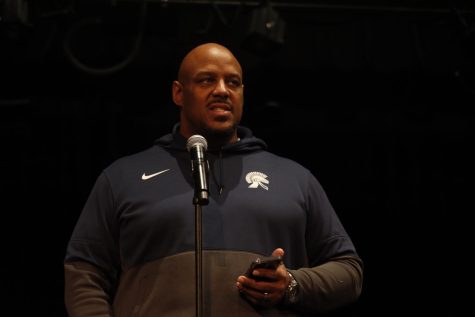The scheduling situation
The problems with and improvements we can make for ELHS’s scheduling process
ELHS counselors Nicole Moore-Coss, Joshua Barrons, and Sheryl Scott outside their office in the student services office on May 25. Photo by Anaiis Rios Kasoga
When Zufan Johnson (11) was a sophomore scheduling for her junior schedule, she ended up in two seniors-only classes.
She was also missing two graduation requirements.
She found it “really frustrating,” and she’s not alone in being dissatisfied with the scheduling process. In a poll on Portrait’s Instagram story on May 4, 56% of respondents said they would describe their experience with counselors during scheduling as mostly negative.
“I think the counselors did the best they could, given the volume of kids they had to schedule,” Johnson said. “But I’m not sure I could say they were entirely helpful.”
The volume of students, as Johnson noted, certainly plays a role in the widespread student dissatisfaction. East Lansing has three counselors for its population of exactly 1,232 students, a caseload of 410.666 students per counselor.
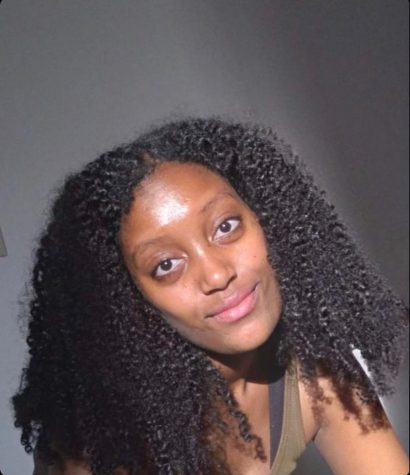
“At times, these numbers can feel very overwhelming for the student services department,” the counseling office said in a joint statement to Portrait.
The American School Counselor Association recommends a ratio of 250 students per counselor, meaning ELHS would have to hire at least two more counselors to fit this. Okemos High School, with around 1,300 students, has five counselors.
Hiring two counselors at the high school would relieve much work from our current counselors and make student’s individual voices feel more heard by having more personal experiences with their counselors.
Another issue is the fact that all three counselors come from a similar identities as white and cisgender. Based solely on their identities, they can’t always relate to problems their students face. As a result, some students do not feel comfortable opening up about sensitive issues. While our social worker in the department is also available to discuss sensitive issues, she also is a white, cisgender woman.
Therefore, ELHS should strive to hire counselors and social workers that are people ofcolor, or that can support other non-majority student population.
Additionally in their statement, which was approved by administration before being sent to Portrait, the counseling office recommends to students feeling negatively about their scheduling process to work with the counseling staff as an “equal partner” in creating their opportunities.
“Read all the documents the counselors have put out, watch all the mini lessons the counselors have prepared, read your emails, as this will ensure the greatest level of success to you as a student,” the statement said. “Go to office hours and open advising to schedule a face-to-face appointment. Email your counselor and ask questions if you are confused. We work better together.”
Despite this statement about meeting halfway, students do not feel they are being met there. In another poll on Portrait’s Instagram story, an overwhelming 74% of respondents said they did not feel their counselors were advocating for them as much as they can when it comes to scheduling.
Many students don’t even know extra services like open advising and scheduling face-to-face exist. As a school, we need to bring awareness of this available assistance, which can be done by sending more direct communication from counselors and administration, asking teachers to talk about it and posting school signage.
The feeling that scheduling is inequitable, favoring only the top students, is a pervasive one. If Johnson hadn’t realized the issues in her schedule and advocated for herself, what would have happened? Not all students have the ability or knowledge of the process to do that, and it’s not their fault schedules are often messed up. Even if it is, there’s hardly anyone to tell them.
Students who have proactive, English-speaking, well-connected parents that check all their emails have an advantage in this process. Additionally, and students who have the ability and knowhow to reach out persistently know how to work the process. And these are high expectations for students, especially because there is little awareness to start with.
I believe making scheduling more student-oriented would partially help solve this problem of unfair treatment. As of the 2017-18 school year, ELHS had a scheduling system called student-centered scheduling, or student-survey scheduling. In this system, students could fill out a form of the classes they want so that the amount of sections necessary per class would be known before the master schedule was constructed. In a poll on Portrait’s Instagram, 77% of respondents said they would like this to make a return.
Bringing back student-centered scheduling and hiring diverse counselors would make students feel more empowered in the planning of their high school careers, but would also help relieve some workload from people who create the master schedule, as they would have a more concrete basis to begin with.
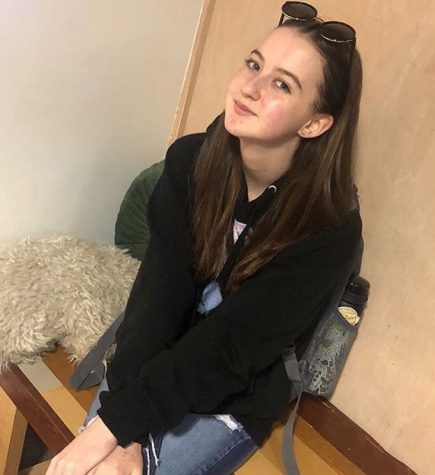
Allison Treanor is a member of the Class of 2023 and one of the staff writers for Portrait. This is her first year on staff as a sophomore. Allison’s...



